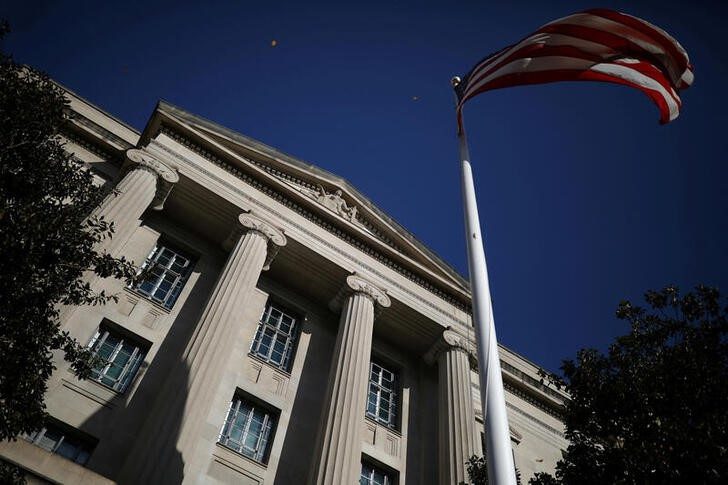BANGOR, Maine: A Skowhegan man was sentenced today in U.S. District Court in Bangor for a bank fraud scheme arising from his applications for Paycheck Protection Plan (PPP) loans, U.S. Attorney Darcie N. McElwee announced.
U.S. District Judge Lance E. Walker sentenced Nathan Reardon, 44, formerly of Brewer, Maine, to 20 months in prison followed by three years of supervised release. Reardon pleaded guilty on July 5, 2022.
In imposing sentence, Judge Walker called Reardon’s conduct “a fundamental breach of the public trust during a time of public crisis.”
According to court records, Reardon owned and controlled Global Disruptive Technologies Inc., a Bangor-based business. In April 2020, Reardon obtained a $59,145 PPP loan for Global Disruptive Technologies Inc. using false employee wage information and false supporting payroll documentation. Reardon then improperly spent the PPP funds on items and expenses he knew were not covered by the program. After receiving the first loan, Reardon submitted additional fraudulent PPP applications to the same bank in April and May 2020. Two of the applications were for companies that had no active business operations, employees or payroll.
The Coronavirus Aid Relief and Economic Security (CARES) Act is a federal law, enacted in March 2020, that was designed to provide emergency financial assistance to the millions of Americans who suffered economic effects resulting from the COVID-19 pandemic. One source of relief provided by the CARES Act was the authorization of forgivable loans to small businesses for job retention and certain other expenses through the PPP.
Businesses were required to use PPP loan proceeds for payroll costs, interest on mortgages, rent and utilities. The PPP allowed the interest and principal to be forgiven if businesses spent the proceeds on these expenses within a set period and used at least a certain percentage of the funds for payroll expenses.
The Treasury Inspector General for Tax Administration and the U.S. Small Business Administration investigated the case.
# # #
